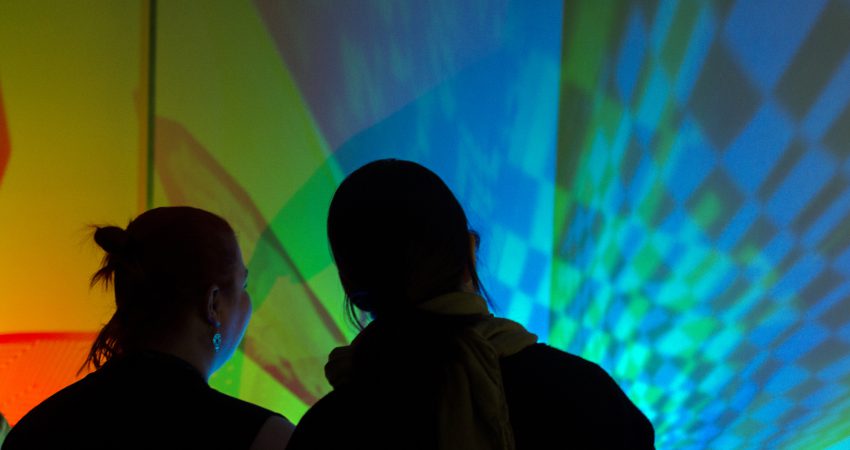
By Tammy Cook-Endres - November 2015
PAPER CITATION
Van Es, E. A., & Sherin, M. G. (2010). The influence of video clubs on teachers’ thinking and practice. Journal of Mathematics Teacher Education, 13(2), 155–176. doi:10.1007/s10857-009-9130-3
Expert teachers are highly attuned to events in their classrooms. Novice teachers, who compose a high percentage of teachers in under-resourced schools, must develop the ability to notice and respond to what is going on in their classes. Video clubs in which groups of teachers view and respond to videos of one another’s classes can help teachers develop this ability. This paper describes how a facilitated video club helped teachers improve their capacity to make space for student thinking to emerge, probe students’ understanding, and learn from their students while teaching.
Research Design
The purpose of this research was to determine the effect of a peer video club on teachers’ ability to notice students’ mathematical thinking. The study involved a year-long video club for seven fourth- and fifth-grade math teachers in an urban school district. Club meetings focused on helping teachers to use evidence from videos of their classrooms to support claims about students’ mathematical thinking. The group met monthly for a total of 10 meetings, each lasting about one hour.
To understand how the teachers’ ability to notice and respond to student ideas in the classroom changed, the researchers analyzed teachers’ comments during club meetings, teacher interviews about the effects of the video club, and classroom observations.
Research Findings
Teachers showed statistically significant positive growth across all three forms of data collection. In particular, during video club discussions later in the year, teachers made significantly more comments about students’ mathematical thinking than they did earlier in the year. They also analyzed student thinking in more detail and supported their analysis with evidence from the video clips.
Another significant finding is that teachers said in interviews that they had learned the importance of attending to student thinking and how to do so during instruction. They also said that the video club had helped them to become more familiar with the school’s math curriculum.
These reports were supported by direct classroom observations. Teachers improved in their capacity to make space for student thinking to emerge, to probe into students’ conceptual understanding, and to learn from students while teaching.
Theoretical Basis
Van Es and Sherin base their study on research that suggests that expert teachers are highly attuned to noticing, interpreting, and responding to events in their classrooms (Ainley & Luntley, 2007; Berliner, 1994; Mason, 2002). They also use the three aspects of noticing they previously developed (van Es & Sherin, 2002): teachers’ ability to attend to what is important (highlighting and marking), to use detailed knowledge to make sense of classroom events, and to make connections between what they notice and the pedagogical issues that the observed behavior represents.
Implications for Practice
Video analysis in peer groups allows teachers to slow down, hear what students are saying, and develop responsiveness. Educators in all settings can use the ease and ubiquity of video technology to help them develop professional judgment in video clubs.
Additionally, this study shows not only how to support educators in noticing and in applying their observations to their instruction but also how to measure their progress. Further research that closely examines the role of the facilitator in video clubs or how other learning artifacts may be used in conjunction with viewing video to increase teachers’ professional judgment can have additional powerful implications for learning.
References
Ainley, J., & Luntley, M. (2007). The role of attention in expert classroom practice. Journal of Mathematics Teacher Education, 10(1), 3–22.
Berliner, D. C. (1994). Expertise: The wonder of exemplary performances. In J. M. Mangier & C. C. Block (Eds.), Creating powerful thinking in teachers and students: Diverse perspectives (pp. 161–186). Fort Worth, TX: Holt, Reinhart, and Winston.
Mason, J. (2002). Researching your own practice: The discipline of noticing. London: Routledge-Falmer.
Van Es, E. A., & Sherin, M. G. (2002). Learning to notice: Scaffolding new teachers’ interpretations of classroom interactions. Journal of Technology and Teacher Education, 10(4), 571–596.




